Is Age Just A Number? Exploring The Social And Biological Realities
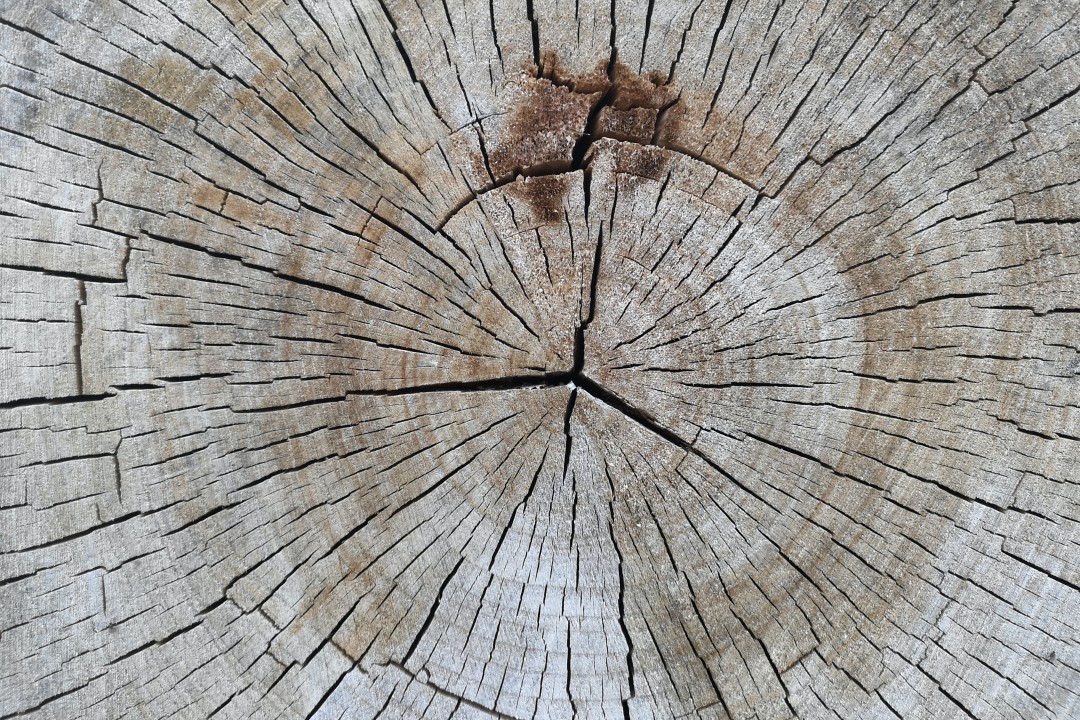
Table of Contents
The Biological Realities of Aging
The biological aging process is a complex interplay of cellular and physiological changes. Understanding these realities helps us approach age-related challenges with informed strategies.
-
Cellular Mechanisms of Aging: At the cellular level, aging manifests through various processes. Telomeres, protective caps on our chromosomes, shorten with each cell division, eventually limiting cell replication. Accumulation of DNA damage, resulting from oxidative stress and other factors, also contributes to cellular aging and can lead to cellular dysfunction.
-
Physiological Changes Associated with Aging: As we age, we experience a range of physiological changes. These include a decrease in muscle mass (sarcopenia), loss of bone density (osteoporosis), and shifts in hormonal balance. These changes can affect strength, mobility, and overall health.
-
Metabolism and the Aging Process: Metabolism, the process by which our bodies convert food into energy, slows down with age. This can contribute to weight gain and affect the body's ability to efficiently utilize nutrients. Understanding metabolic changes is crucial for maintaining healthy aging.
-
The Biological Clock: The concept of a biological clock suggests an internal timing mechanism influencing lifespan. While the exact mechanisms are still under research, genetic factors and lifestyle choices significantly impact the "ticking" of this clock.
Healthspan vs. Lifespan: Living Longer, Living Healthier
A crucial distinction exists between lifespan (how long we live) and healthspan (the duration of healthy, active life). While extending lifespan is a significant goal of longevity medicine, maximizing healthspan is equally, if not more, important. Factors influencing both include genetics, lifestyle choices (diet, exercise, stress management), access to quality healthcare, and preventative medicine. Focusing on healthy aging strategies becomes paramount for improving quality of life as we age. Disease prevention through early detection and intervention also plays a significant role in extending healthspan.
The Social Construction of Age
Beyond the biological aspects, our experience of age is profoundly shaped by societal perceptions and constructs. This social dimension significantly influences our well-being and opportunities.
-
Ageism and its Manifestations: Ageism, prejudice or discrimination based on age, is prevalent in many societies. It manifests in various ways, including stereotypical portrayals of older adults in media, age discrimination in employment, and limited access to healthcare services tailored to the specific needs of older individuals.
-
Societal Expectations and Stereotypes: Societal expectations often place unrealistic limitations on older adults, leading to feelings of exclusion and diminished self-worth. Negative stereotypes associating age with decline and incompetence further fuel ageism.
-
Age, Social Roles, and Identity: As we age, our social roles and identities often evolve. Retirement, for instance, can lead to significant shifts in identity and social connections. However, negative societal narratives can make it challenging to adjust to these transitions and fully embrace this new phase of life.
-
Cultural Differences in Perceptions of Aging: Cultural contexts significantly influence the perception of aging. Some cultures view older adults with great respect and value their wisdom, while others may marginalize them. Understanding these variations is essential for developing inclusive approaches to aging.
Challenging Ageist Attitudes: Fostering Age Inclusivity
Combating ageism requires a multifaceted approach. We need to actively challenge ageist stereotypes in media and everyday interactions, promote positive representations of aging, and foster intergenerational relationships. Creating age-inclusive environments, where individuals of all ages can participate fully in society, is crucial. Promoting positive aging messages, emphasizing the contributions and value of older adults, is paramount.
Combating Age-Related Decline: Strategies for Healthy Aging
While biological aging is inevitable, we can significantly influence its impact through proactive strategies that focus on preserving healthspan.
-
The Importance of a Healthy Lifestyle: Maintaining a healthy lifestyle is a cornerstone of anti-aging strategies. This encompasses regular exercise, a balanced diet rich in fruits, vegetables, and whole grains, adequate sleep, and effective stress management techniques.
-
Exercise, Nutrition, and Mental Well-being: Regular physical activity strengthens muscles, bones, and cardiovascular health, improving overall fitness and reducing the risk of age-related diseases. A nutritious diet provides the essential building blocks for cellular repair and optimal function. Mental stimulation through engaging activities and social interaction also plays a vital role in maintaining cognitive function and preventing age-related cognitive decline.
-
Advancements in Preventative Medicine: Preventative medicine plays a crucial role in early detection and management of age-related diseases, leading to earlier interventions that improve healthspan. Advances in genomic medicine and personalized medicine offer potential for targeted interventions.
-
Addressing Age-Related Diseases: Early detection and management of age-related diseases, such as cardiovascular disease, diabetes, and dementia, are crucial for preserving quality of life.
Conclusion:
In conclusion, while biological aging is an undeniable process characterized by cellular and physiological changes, the social perception and experience of age are significantly influenced by cultural norms and societal structures. Understanding both the biological and social aspects of aging allows us to develop effective strategies for healthy aging and combat ageism. By embracing a healthy lifestyle, challenging ageist attitudes, and fostering age-inclusive environments, we can redefine what it means to age gracefully and maximize our healthspan. Let's redefine what it means to age gracefully and challenge the notion that age is just a number – it's about embracing life at every stage. Continue learning about healthy aging practices and actively participate in creating a more age-inclusive society.

Featured Posts
-
 Actor Michael Sheens 1 Million Debt Relief For 900 People
May 01, 2025
Actor Michael Sheens 1 Million Debt Relief For 900 People
May 01, 2025 -
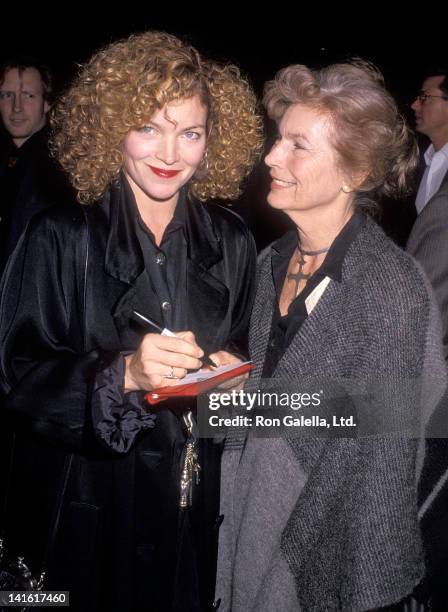 Family Mourns The Loss Of Actress Priscilla Pointer
May 01, 2025
Family Mourns The Loss Of Actress Priscilla Pointer
May 01, 2025 -
 Brtanwy Wzyr Aezm Ke Samne Kshmyr Ka Msylh
May 01, 2025
Brtanwy Wzyr Aezm Ke Samne Kshmyr Ka Msylh
May 01, 2025 -
 Xrp Momentum Builds Analyzing The Ripple Lawsuit And Us Etf Prospects
May 01, 2025
Xrp Momentum Builds Analyzing The Ripple Lawsuit And Us Etf Prospects
May 01, 2025 -
 Simple Shrimp Ramen Stir Fry Recipe For Beginners
May 01, 2025
Simple Shrimp Ramen Stir Fry Recipe For Beginners
May 01, 2025
Latest Posts
-
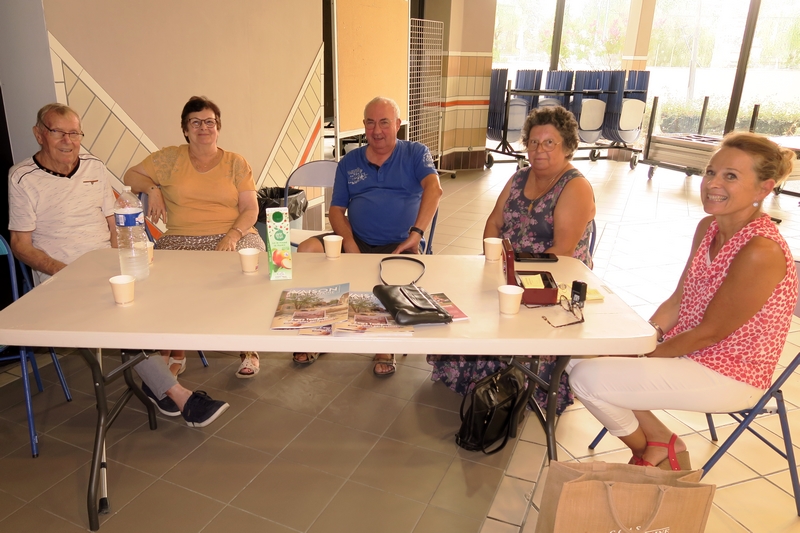 L Accompagnement Numerique Au Service De Vos Thes Dansants
May 02, 2025
L Accompagnement Numerique Au Service De Vos Thes Dansants
May 02, 2025 -
 Digitalisez Vos Thes Dansants Un Guide Complet
May 02, 2025
Digitalisez Vos Thes Dansants Un Guide Complet
May 02, 2025 -
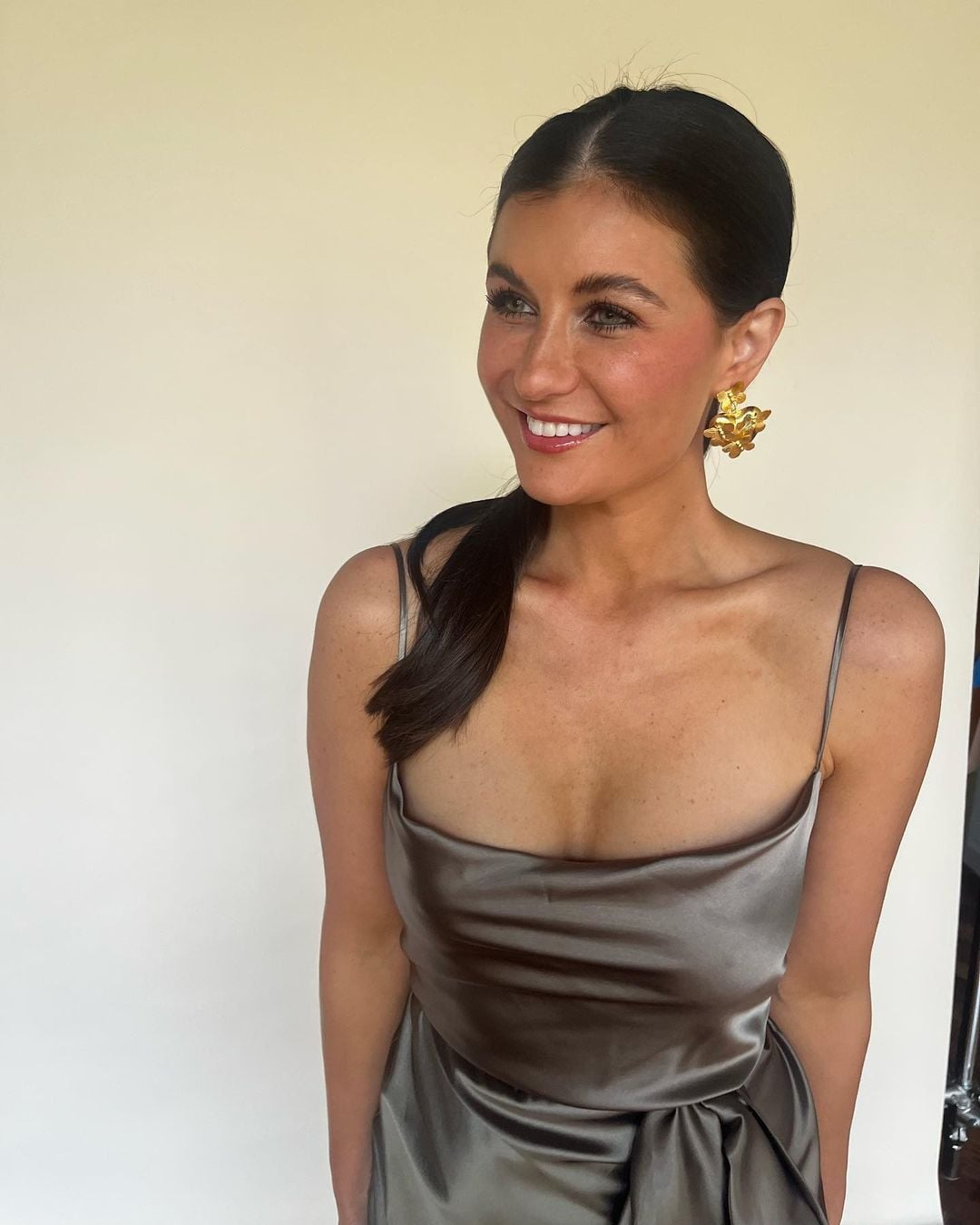 Nikki Burdine Announces New Projects With Former Co Host Neil Orne
May 02, 2025
Nikki Burdine Announces New Projects With Former Co Host Neil Orne
May 02, 2025 -
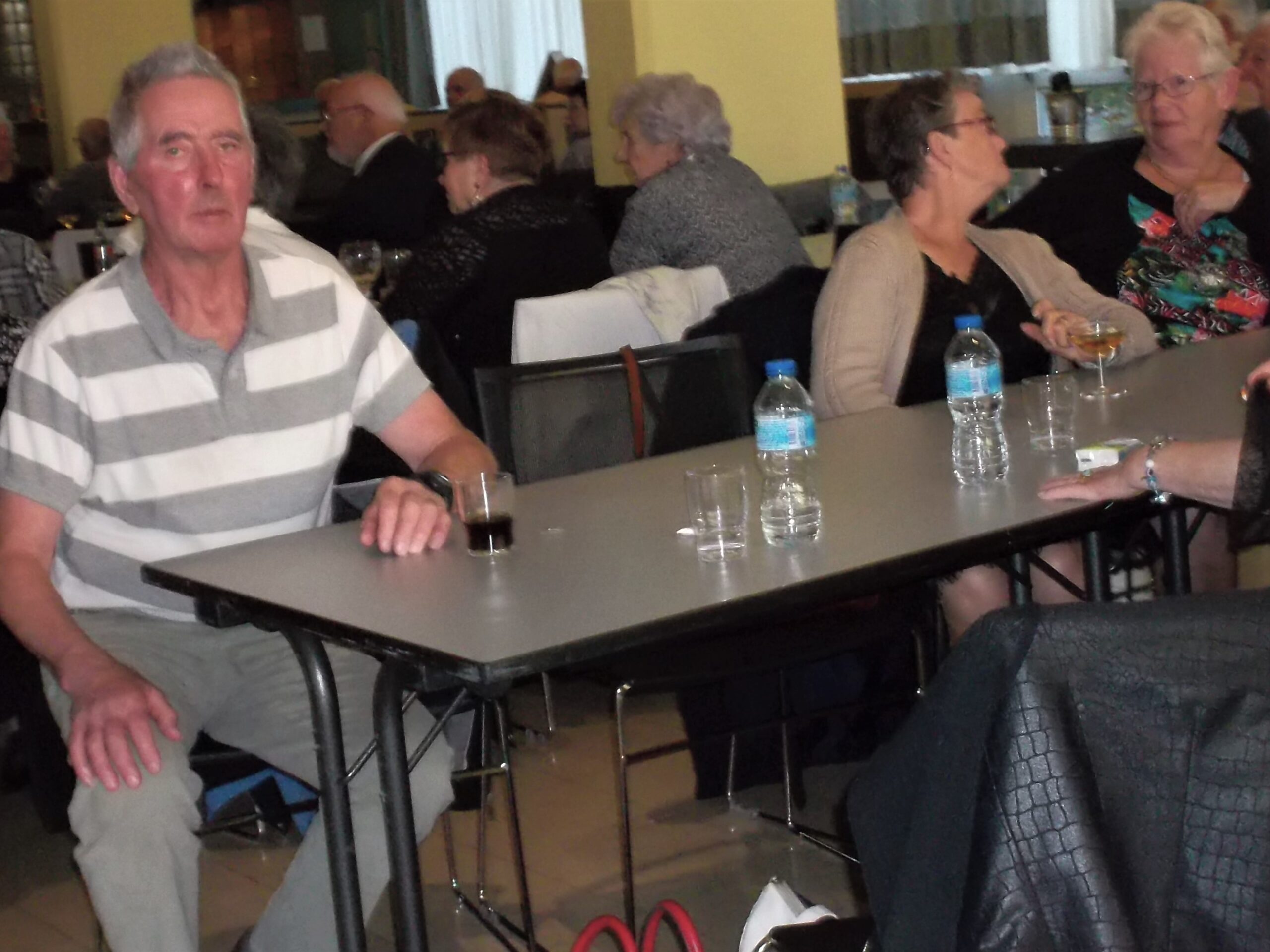 Boostez Vos Thes Dansants Grace A L Accompagnement Numerique
May 02, 2025
Boostez Vos Thes Dansants Grace A L Accompagnement Numerique
May 02, 2025 -
 Un Accompagnement Numerique Pour Vos Thes Dansants
May 02, 2025
Un Accompagnement Numerique Pour Vos Thes Dansants
May 02, 2025
